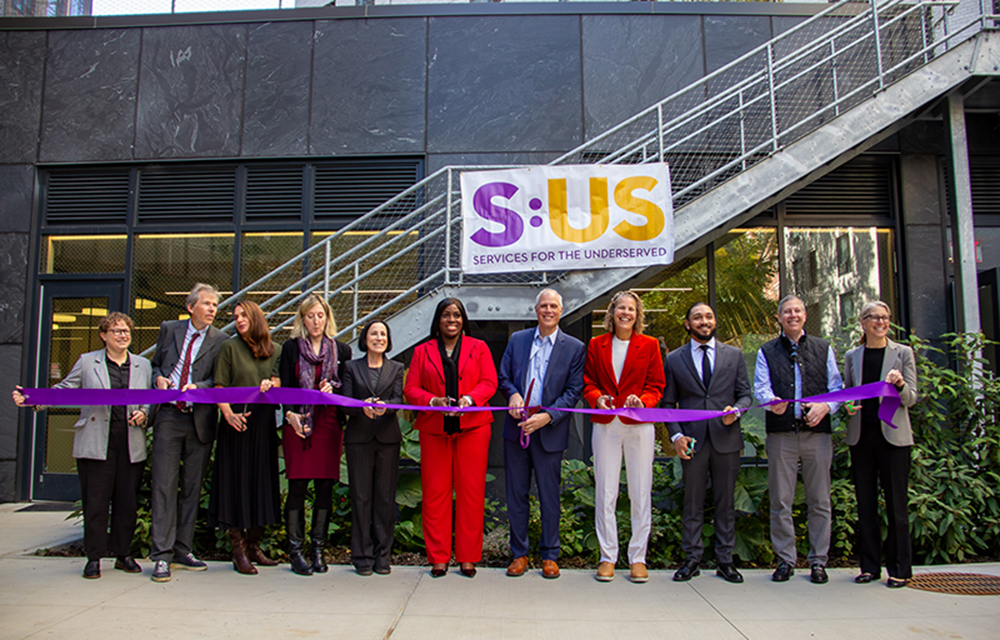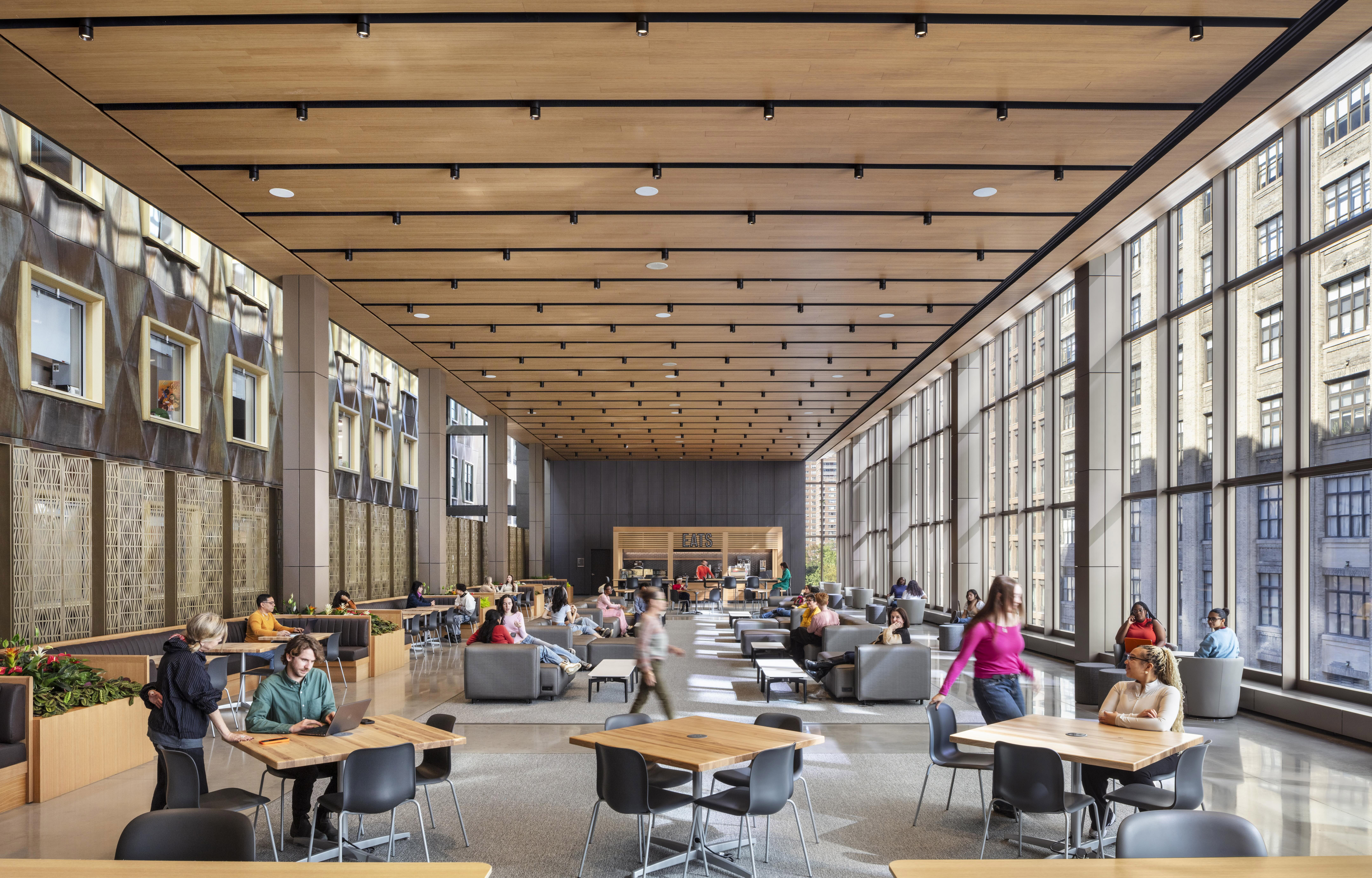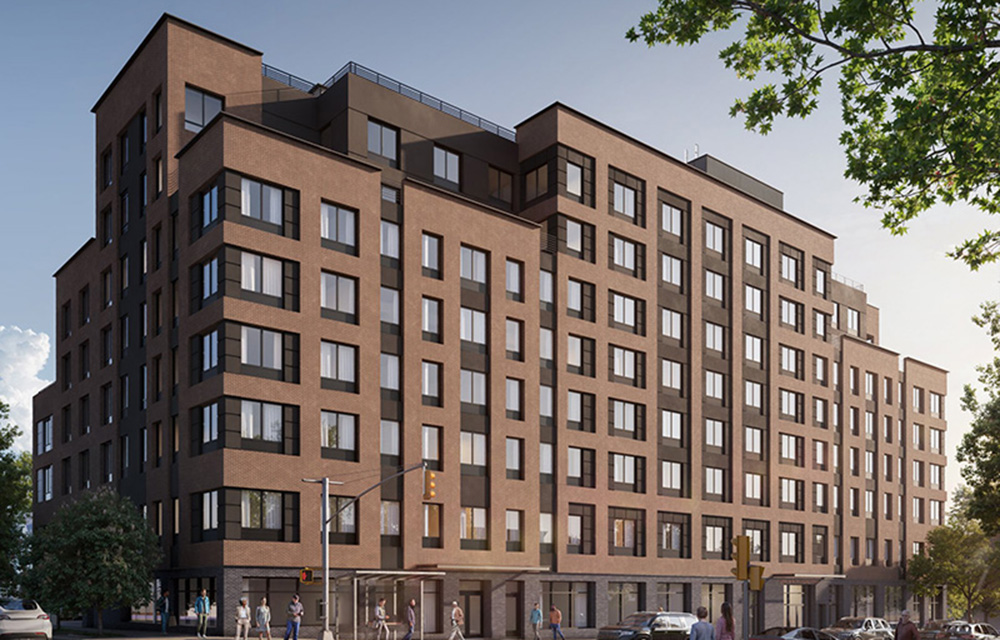How not-for-profits and religious institutions can use ground leases to redevelop their properties - by Patrick O’Sullivan

The COVID-19 Pandemic has clouded the future for many not-for-profits, including many religious institutions, who are facing significant declines in donations and operating revenues resulting in financial resources being stretched to their limits. Given these challenges, as not-for-profits pivot to ensuring their long-term viability, they will need to assess whether long-term opportunities exist to monetize their real estate both to improve their facilities and solidify their financial condition. As will be discussed in this three-part series, through a ground lease structure, not-for-profits that own property but that do not have the financial resources to redevelop their facilities can partner with a developer to undertake such a project.
Assessing the Redevelopment Opportunity
Many not-for-profits, including religious institutions, face the dual dilemma of dwindling sources of income for operations and aging facilities that are becoming costlier to maintain. The underlying real estate tends to represent the most valuable asset that a not-for-profit owns, which leads many of them to assess whether redevelopment provides an opportunity to unlock unrealized property value. When undertaking such an assessment, a not-for-profit should begin with both a needs assessment for its own facilities and an analysis of what can be built on its property pursuant to the allowable zoning. Based on an understanding of the potential redevelopment that it could undertake, a not-for-profit can then determine the potential value that a redevelopment can unlock.
The assessment a not-for-profit undertakes should account for the timing associated with any transaction. For example, while current real estate values may reflect challenging market conditions, development projects take a significant amount of time to plan and execute and may require discretionary public approvals if a rezoning is contemplated. Given this, part of the process a not-for-profit can undertake is to position itself so it is prepared to proceed at an opportune time in the market.
Structuring the Redevelopment Transaction
If the not-for-profit determines that a redevelopment can unlock value and result in an opportunity to upgrade its facilities, the not-for-profit should consider how to best structure the redevelopment. Although multiple potential transaction structures exist, a ground lease offers many attractive features to the not-for-profit. Most importantly, the ground lease allows the not-for-profit to retain its fee interest in the property. This provides the not-for-profit with protections in the event a developer defaults during construction. From an economic standpoint, the structure of ground rent payments can enable the developer to use the ground lease as a means of acquisition financing since it does not necessarily need to pay upfront a full acquisition price.
Alternative structures do not necessarily offer the same array of features. For example, in a sale transaction in which the not-for-profit will receive a condominium unit upon completion, the not-for-profit does not retain the same protections it retains with a ground lease because it no longer holds a fee interest in the property. The not-for-profit could receive a reversionary interest in the property as part of the sale but enforcing such a reverter is a lengthy process and success is uncertain. Through the ground lease, a not-for-profit can retain sufficient oversight and remedies to protect its property interest.
As not-for-profits assess how best to ensure their long-term viability, many will assess how they can monetize their real estate to achieve this objective. For those not-for-profits where such an opportunity exists, a ground lease structure offers several attractive features that enable it to use the property’s value to help finance the construction of a new facility. The next part of this three-part series will discuss these attractive features of a ground lease in greater detail.
Patrick O’Sullivan is a partner in the Real Estate Department at Herrick, Feinstein, New York, N.Y.
Troutbrook expands with boutique condo project and Marriott Fairfield Inn & Suites renovation








.gif)
.jpg)
.gif)
.gif)